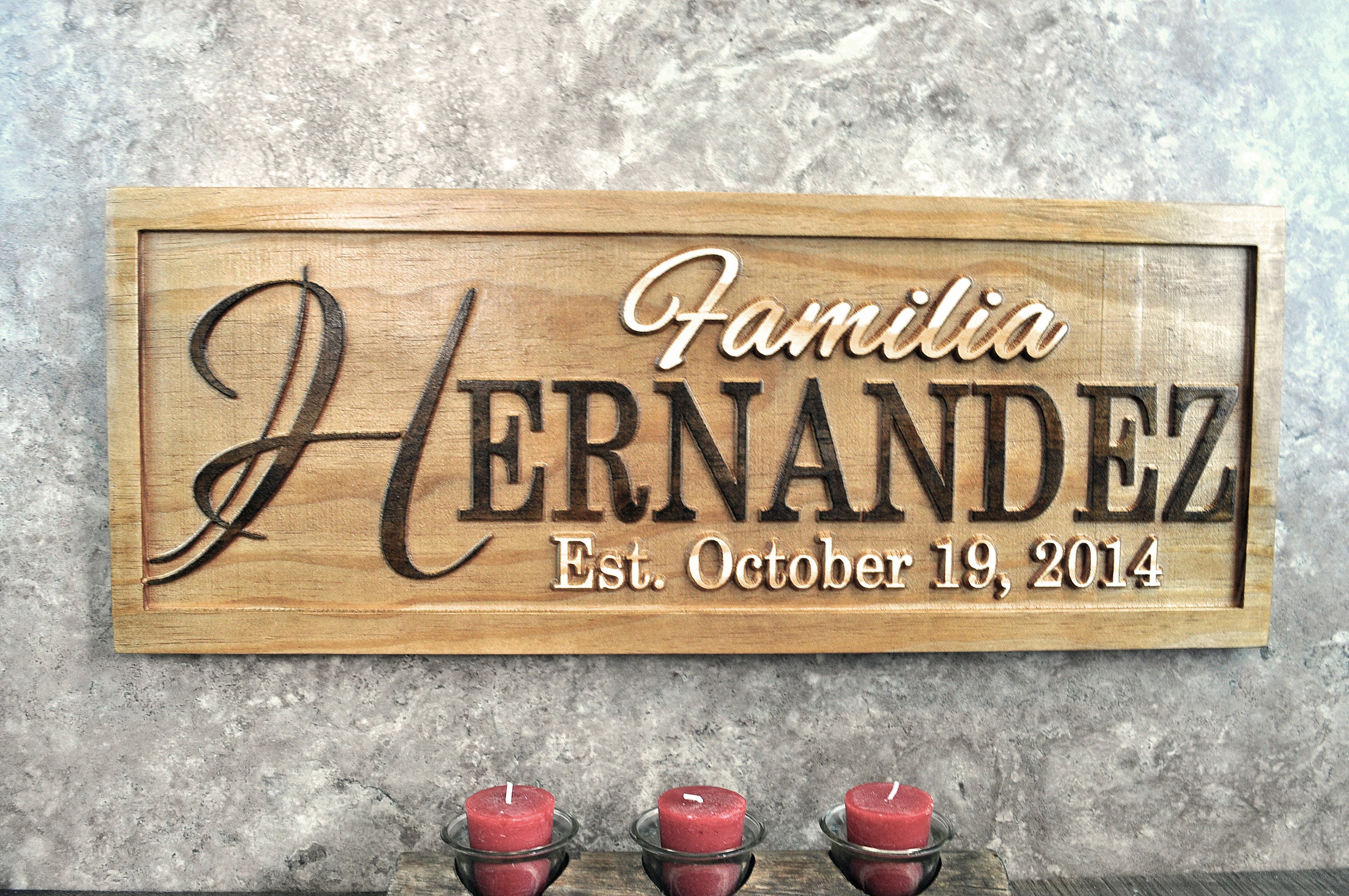

Thus, as important as it is to pronounce names correctly, it is equally important to write and use them correctly.

We use them to identify ourselves and they become part of our identity. I later understood from talking to peers that the uncomfortable comments and misuse of my surnames were a form of microaggression, perhaps unconscious, and that I was not the only Hispanic experiencing it. Comments such as “your name is too long” became normal but uncomfortable and started making me feel guilty of having to make people deal with my whole name. It is frustrating.ĭuring my first two years in graduate school, a variety of situations made me question, multiple times, if I really wanted to insist on using both of my surnames. In fact, many Hispanics living in the States, tend to give up on using both of their surnames to avoid the “headache” of being miscalled by others or having to deal with requesting a correction of name on official documents.

“You should consider using just one last name,” I have been told. However, writing or pronouncing someone’s name correctly and understanding its cultural background should be part of building a more inclusive environment. However, when I moved to the States for graduate school, I quickly learned that I needed to hyphenate my surnames if I wanted to have a chance of keeping both of them, because without it, my first one used to disappear from important documents. Growing up having two surnames was so common that nobody used to hyphenate their surnames. In Puerto Rico, if for any reason we do not write our second surname, we usually get called out by someone asking, “Don’t you have a mother?”. Hence, both surnames carry great value for many Hispanics. Instead, the combination of our parents’ first surnames represents the unity of two families and the formation of a new one. Within the Hispanic tradition, the woman does not change her surnames when she gets married. In my case, my dad’s surnames are “Dávila Estrada” and my mom’s surnames are “Montero Caro” so mine are “Dávila Montero”.

In Puerto Rico, as in many Hispanic cultures, the first surname comes from the father’s first surname, and the second one comes from the mother’s first surname. Thus, my “two last names” were one of the most common things in the world, until I got to graduate school. I grew up in Puerto Rico, an unincorporated territory of the United States located in the Caribbean, with a unique mix of cultural antecedents and the use of two surnames as the tradition dictates. Now you'll be able to impress your clients no matter where they're from: people around the world have names that are derived from the Spanish language.“I have two last names,” is the very first thing I say, since I moved to the States, every time someone asks for my surname. So there you have it: the 100 most common Spanish names. With links to our database, here are the hundred most common Spanish names according to Google (50 last names, 50 first names):
Spanish last names how to#
People are much less likely to think of you as a foolish tourist if you know how to pronounce Spanish names! You can get on good terms with a new client, make a new friend, receive an amazing restaurant recommendation, and generally be respectful by getting to know the people you're visiting. Whether you're headed to Spain or visiting Latin America, it's important to travel prepared.


 0 kommentar(er)
0 kommentar(er)
